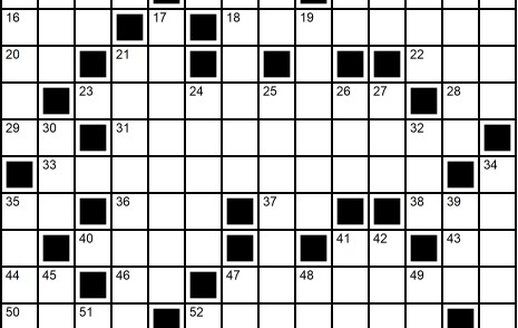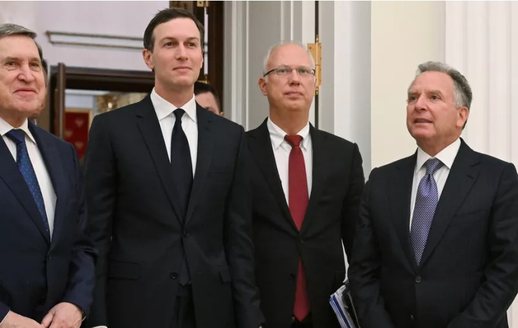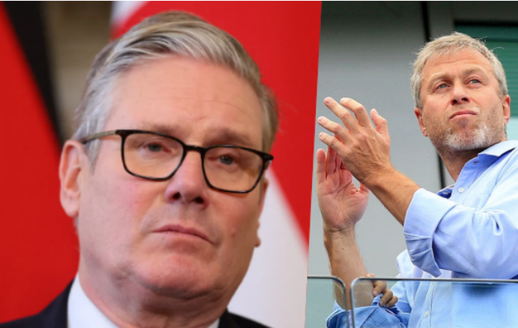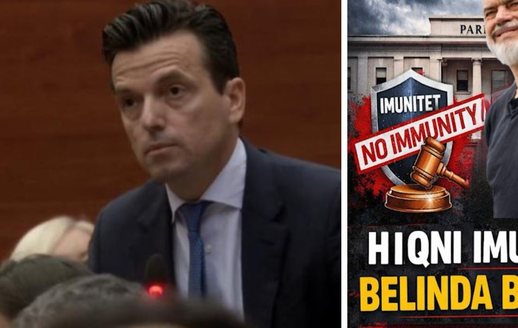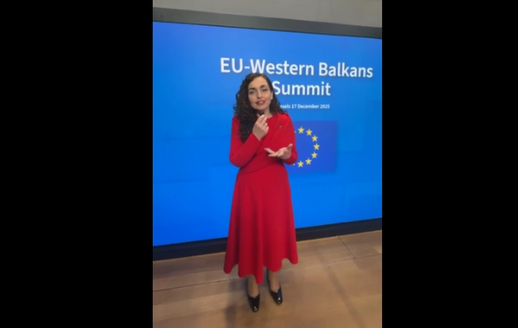
One Man Show Election Campaign

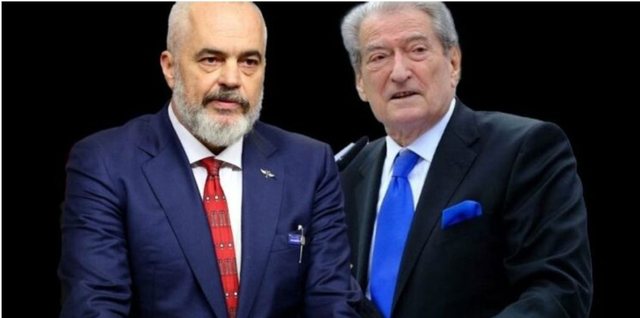
The phenomenon of “Americanization of election campaigns” in Europe refers to the process through which the practices, forms and techniques used in election campaigns in the US are increasingly adopted by political parties and candidates in European countries. Despite the fact that most countries are Parliamentary Republics and very few are Presidential or Semi-Presidential. The shift in focus during the campaign from the party to the political leader (a “prime ministerization” of politics) has made it possible for party structures and support teams to be non-existent. Such a phenomenon in contexts such as Albania is further reinforced by the culture of the cult of the individual and the lack of a tradition of respect for institutions.
This trend, fully intertwined with local tradition, in particular as is the case of Albania, has made it possible for the two main leaders in this case Berisha and Rama to turn into a One Man Show. The media space and social networks, the closer we get to the days of the elections, the more it is usurped by these two main figures, who significantly outnumber the other candidates of the respective parties and the leaders of new parties.
This strategy followed by Rama and Berisha, if the former has reason to be emphasized even more, has some conditions that may turn into costs.
First, Rama's One Man Show in the 2017 and 2021 elections has created the conviction that repeating the same strategy does not mean repeating the same electoral success. On the other hand, the previous success has justified the arrogance materialized in the idea that "The Party is Me" and "I am the success of the party". The idea that Rama knows how to win elections circulates among the vast majority of socialists. This situation created over the years has made it even more legitimate to focus the entire campaign only on Rama and no one else.
On the other hand, Berisha's One Man Show has known light and shadow after his resignation in 2013. The entire campaign organized by Basha in 2017 and 2021 was designed to keep Berisha away from the closets and not on the sidelines. Of course, one explanation could be related to Basha's need as the new leader of the DP to consolidate his image among the Democrats and the right in general, but there are many polls from that period that revealed with low quotas the citizens' preference for the figure of the former historical leader of the DP. Not a few expressed at the time that Berisha's activation in the fields is more of a cost for the DP than it favors Basha to secure more votes. Berisha's reactivation at the epicenter of the campaign after many years visually away from it is normal to be accompanied by uncertainty and skepticism. Not a few Democrats express reservations about focusing the campaign only on Berisha since it is true that there are many votes within the DP but outside it there are many anti-Berisha votes.
Secondly, Rama, unlike Berisha, in the 2017, 2021 and 2025 polls has more personal votes than the party he leads. Despite having eleven years in charge of the municipality and 12 years as prime minister, the voter's perception is higher in percentage for him as a candidate for prime minister than for the party he leads. Paradoxically, instead of being a figure consumed by power, he is perceived as more preferred than the party he leads. Under these conditions, the personalization of the campaign is legitimate as he hopes that the preferential vote towards him will also be channeled in favor of the party he leads. While Berisha, unlike Rama, is less preferred as a future prime minister compared to the party he leads. Instead of attracting the party to reach the level of his personal votes, the opposite happened, the party attracts him. In these circumstances, the DP's strategy, instead of spreading its attention to other figures and eliminating the main figure Berisha, is instead focused day and night only on Berisha.
Third, the Socialist Party is competing alone, not in a coalition, so it is forced to focus only on one figure, especially since it has higher quotas than the party it leads. While the Democratic Party leads the "Greater Albania" coalition with 25 parties, and some of the leaders of these allied parties have their own image in the public because they have been in politics for a long time. The strategy of keeping the focus only on Berisha and not on the leaders of the allied parties creates the idea in the public that the "Grand Coalition" is only the Democratic Party and not 24 other parties. Even the slight advantage that the concept of an opposition front or a strategy for mechanical vote gathering could create is not manifested because the entire image of the campaign has been reduced to one person.
Happening now...

83 mandates are not immunity for Rama's friends
ideas
top
Alfa recipes
TRENDING 
services
- POLICE129
- STREET POLICE126
- AMBULANCE112
- FIREFIGHTER128



